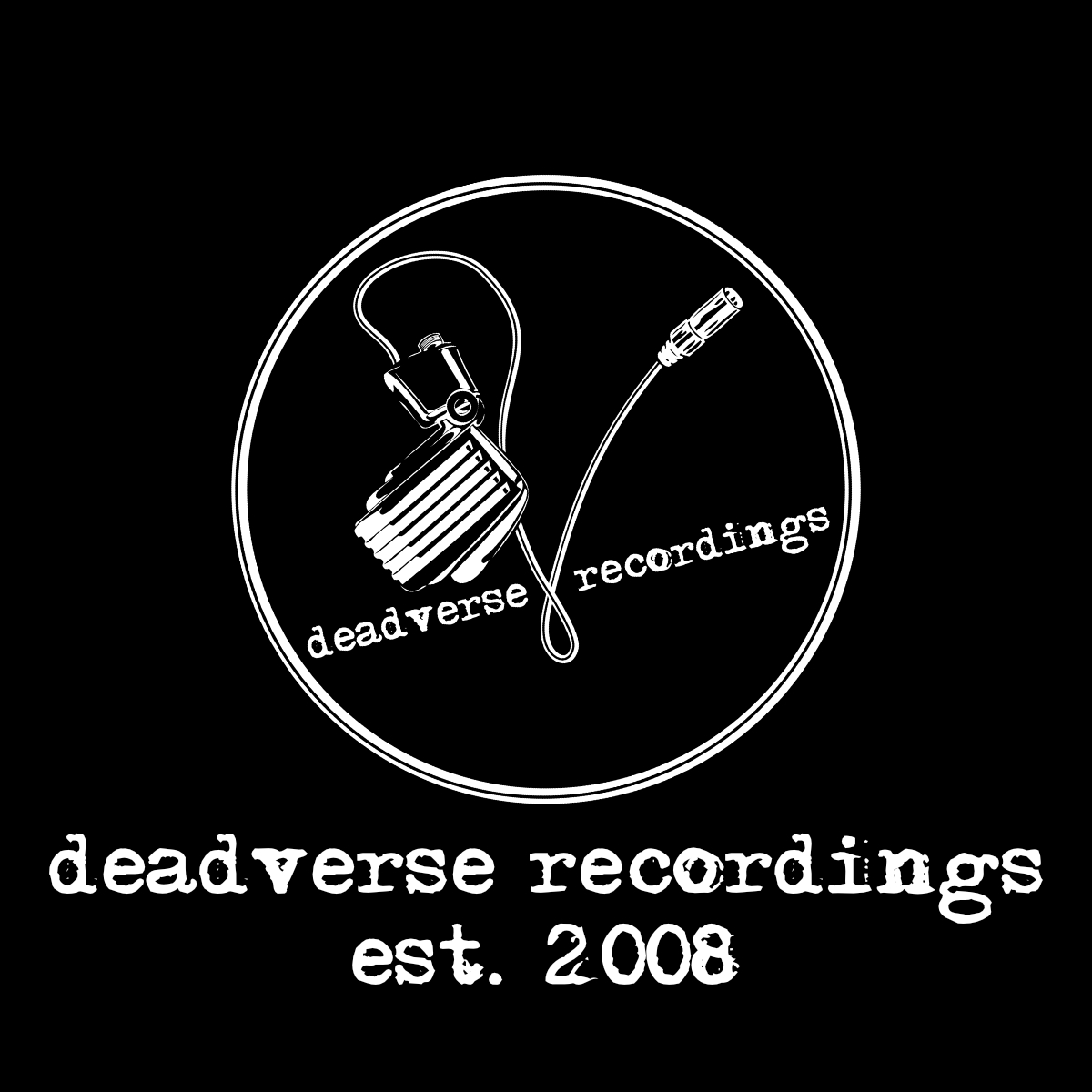dälek – Absence
Album Reviews
I’m at a bit of a loss as to how to describe Dälek’s third album without making it sound repetitive and boring, two things it most certainly isn’t. Whereas many modern hip-hop albums spill over with infectious beats and sci-fi sounds, and draw variety from a wide array of hired-in producers and guest spots, this does the opposite: It’s the product of just three guys– Dälek, Oktopus, and Still– and the entire record is built around essentially a couple of simple beats with slight yet important variations.
Dälek have a knack for taking basic elements and sculpting them differently every time, a controlled, deliberate attack designed for pinpoint destruction and insight. They can turn a sheet of blistering, white-hot skree into a convincing hook simply by attaching it to the right part of the beat and controlling the volume and density of the noise, allowing Dälek’s complex, considered rhymes to weave their way through the tangle. Here, the harsh, cavernous textures coating the songs are ostensibly all dissonant, droning walls of noise cut through with scratches and samples.
The templates of Dälek’s tracks are augmented by an incredible wealth of detail in both their beats and backdrops. Cascading flumes of gutter noise torment the edges of “Asylum (Permanent Underclass)”: They heave and bend, wavering in pitch and contorting into snatches of tortured melody. Close listening reveals that the squall is actually a tight cluster of dozens of drones, added and subtracted to mold the music into grit-teethed crescendos and dizzying passages of spiraling, exquisitely controlled chaos.
Dälek the MC spits head-spinning verses like “Who trades his culture for dollars/ The fool or the scholar/ Griot, poet, or white collar” (“Culture for Dollars”) and “Seen your movements through peripheral/ Remain same individual/ When a man’s viewed as criminal to act animal is logical” (“Distorted Prose”). There’s nary a nod to sex or personal enrichment, and in fact he opens the album by rapping, a cappela, “Broke stride as last of men realized their deep deceit/ This troubling advance of half-assed crews crowd these streets,” a broad and open indictment of what he seems to see as hip-hop straying from its early ideals.
In “Eyes to Form Shadows”, he speeds up his flow as melody is forcibly wrenched from queasy, metallic tones, before culminating with “Addicts move in slow increments within granite/ Hands bound and damaged are weapons we brandish/ Deemed savage by masses/ When this anger’s just average.” Dälek’s unsatisfied with nearly everything– and politics are no exception. On “Asylum”, he skewer administration arrogance and fear-mongering with clear-eyed and direct lyrics that avoid the tendency toward opaque abstraction that bogs down so much underground hip-hop.
Crunching along in an endlessly innovative fashion, Absence seems old-school in its simplicity, clarity and forthrightness, but sounds futuristic. And although the album is full of abstract noise and painstaking sound sculpture, the no-nonsense approach to beat-making and Dälek’s modest flow make this album more accessible than its presecessor, 2002’s From Filthy Tongue of Gods and Griots. That album had higher peaks than this one, but Absence is more consistently engaging– and another powerful statement from one of modern hip-hop’s greatest crews.
-Pitchfork 8.3

